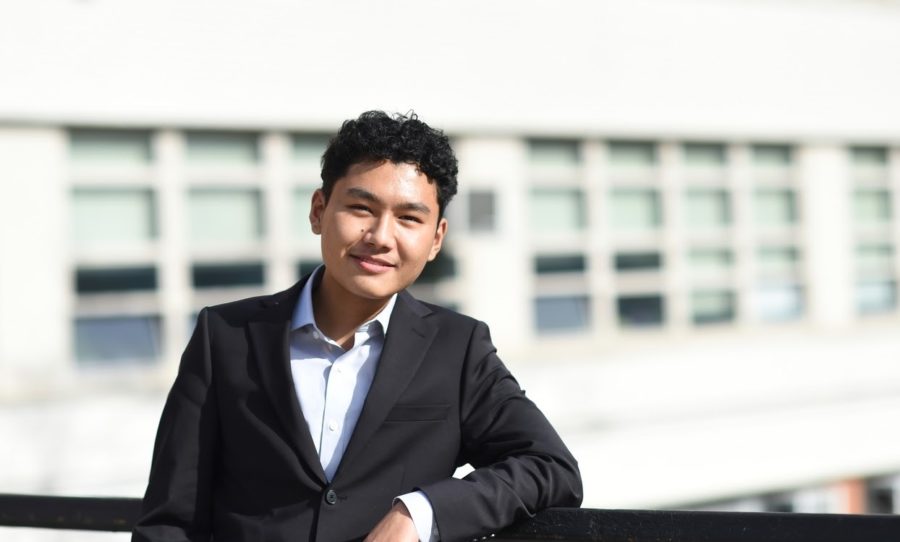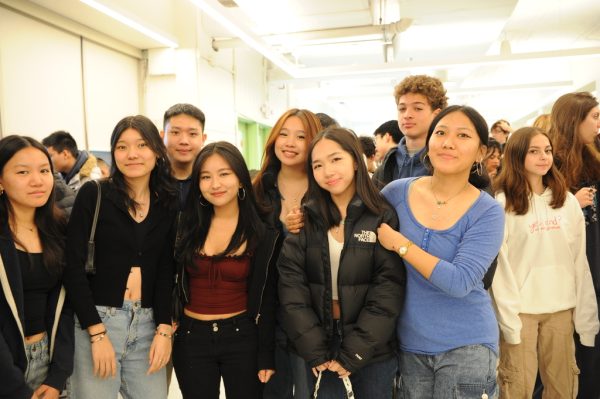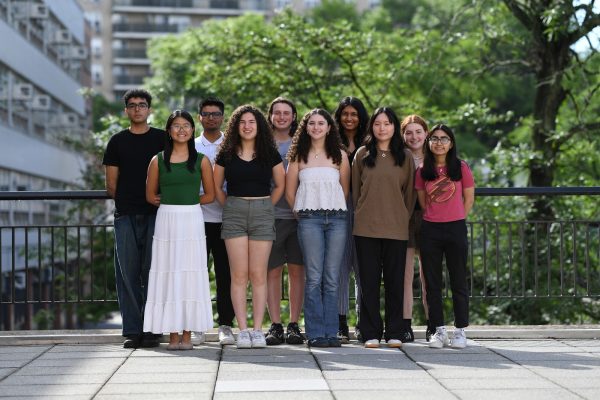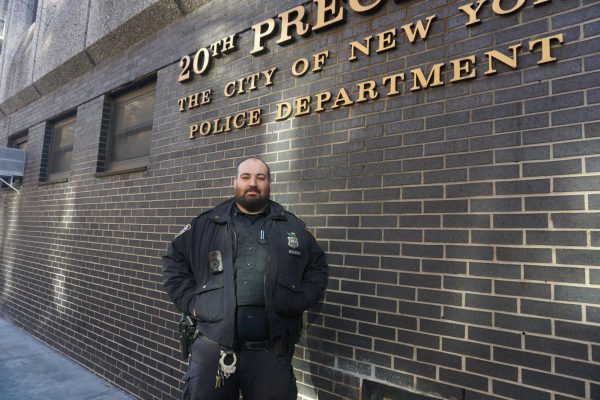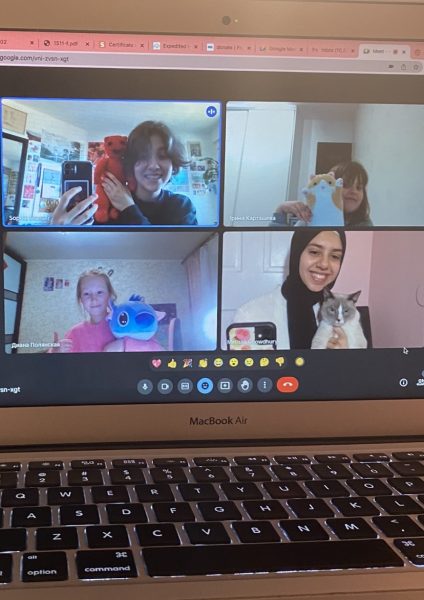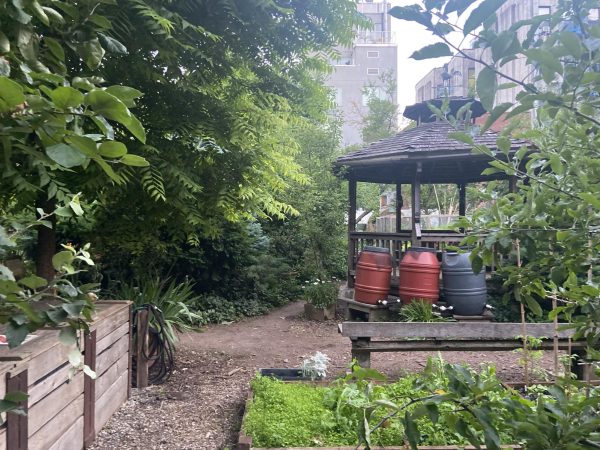EA, ED, RD, Whatever It May Be: Reflections on the College Application Process
Bronx Science seniors discuss the college application process, the first step in starting the next great stage of their lives.
Tsering Wangyal ’22 noted the positive changes that the college application process made regarding his future plans. “I became a lot more contemplative about the direction of my life,” Wangyal said.
Colorful crisp autumn leaves scatter through the air, a hardy wind blows through town, and seniors begin their greatest challenge yet. It is the season for Bronx Science students to begin the arduous journey of applying to college.
Most students are using the CommonApp to apply to college. While some schools have their own specific applications, the CommonApp is used by the majority of colleges and universities across America. In the first few months of school, seniors need to get all parts of their application completed by the early deadline for most schools, November 1st.
Due to the huge time commitment involved, the application process completely changes schedules and tasks seniors to turn in the greatest product possible. Bronx Science students already have rigorous schedules, but for many like Abdul Waseh ’22, the process has had an impact upon his sleep schedule. “On average I get around 5 to 6 hours of sleep per night,” he said.
The focal point of the application is a 650 word essay emphasizing the personality of the student. This is one of the biggest points of struggle for students, who need to be able to pinpoint an important and personal part of their life, demonstrate college level writing skills, and show their growth, simultaneously. “Throughout the entire summer and September, I spent much time thinking about what I should write. My English teacher told me to write how I think, how I speak, how I feel, that I should write with my heart instead of my hand,” Waseh said. Jabid Morshed ’22 put it succinctly: “It is about finding something to write that I’m actually passionate about and writing something that’s cohesive, without sounding clichéd.”
The college application process can inspire a lot of introspection, and as a result, some students look at it as constructive, while others feel that is all a bit too much in order to gain entry into higher education. Marzuq Miftah ’22 took it as an opportunity to reexamine himself. “You have to dissect the type of person you are and you have to look at the events in your life and see how they were significant. They seemed insignificant at the time, but through this process, I realized how much they really mean to me.”
Students like James Smith ’22 would favor it if the process was more straightforward. “I’d prefer it if it was just the SAT and nothing else. The test is very black and white; you know the outcomes, you don’t really know anything about the application, and you might think that something you put is good and the college admissions officers might not.”
Tsering Wangyal ’22 felt that the whole process finally made him consider what he wanted to do with his life. “ I used to be really sure of myself. I wanted to get into computer science, and to become a software engineer. These days, I don’t know what I want for myself. The college process has kind of brought that out. Now, I keep thinking about the future and what I want to do. It’s a huge commitment, so what do I do? What’s my passion? I don’t know,” Wangyal. Instead of seeing this as a problem, Wangyal feels that it’s helping him productively decide his future. “I’m grateful for it in a way, as it’s made me think a lot more about myself.”
Like Wangyal, Morshed has seriously reconsidered his daily life because of the college application process. “I realized that I could structure my day a lot better. Before, I was swamped with school work and procrastinated on larger assignments, but because of the college process, I’ve realized the importance of time management. I feel like I’ve improved my work ethic,” Morshed said.
Over the past two application years, most colleges and universities have decided to become ‘test optional,’ which means that students can choose whether they want to submit their SAT or ACT scores as part of their application. Applications to higher tier colleges have skyrocketed because of this change in policy. During the 2020-2021 application season, for instance, Columbia University’s Office of Undergraduate Admissions reportedly received a 51% increase in applications to their undergraduate programs.
For students like Fardin Iqbal ’22, a smaller emphasis on test scores is the right step in the path for college admissions. “When I take the SAT, it doesn’t reflect who I am, but the college admissions officers are basing their decision on that number, so what I think ends up happening is that they filter in people who are good at taking tests.”
The opportunity to not report tests means that students have the opportunity to make other parts of their applications stand out, such as their college essay, supplemental essays, honors, and extracurricular activities. The biggest regret that I’ve heard from students is that they weren’t as involved in extracurriculars over the past four years as they should have been. If he could start over at Bronx Science, Morshed would tell himself, “Engage in more extracurriculars, become more involved with other clubs and activities, and pursue more leadership roles.”
Even though Bronx Science students represent some of the most well-rounded candidates for top colleges, acceptance is still not guaranteed, given the competitiveness of college admissions today. When asked about his biggest concerns regarding the college process, Iqbal said, “my biggest concern is that I may end up being in the threshold above what my parents can afford to pay for college, so then they will have to work extra hard in order to pay my tuition bill.” Miftah said, “I’m concerned that my application doesn’t reflect the type of person I am; I just want to make sure that whatever I put on my application benefits me the most.”
But with these concerns also come the hopes and ambitions of young people entering the next chapter of their lives. Waseh said, “I am hoping that I end up at a college where I can find my true self and understand what I really need to do for society.”
It’s important to remember that whatever the outcome is, the college process is not the ‘be all, end all’ of a person’s life. Even if a student does not get into his dream college, he will be sure to find a college where he excels, as life just has a way of figuring itself out. Seniors will look back at this time period as an incredibly important and challenging moment in their lives, but they will realize how much they have accomplished when they look back on it in the years to come.
“Throughout the entire summer and September, I spent much time thinking about what I should write. My English teacher told me to write how I think, how I speak, how I feel, that I should write with my heart instead of my hand,” said Abdul Waseh ’22.
Rahib Taher is a Copy Chief for 'The Science Survey.' He enjoys journalistic writing as it gives him the liberty to write about topics that interest him....

